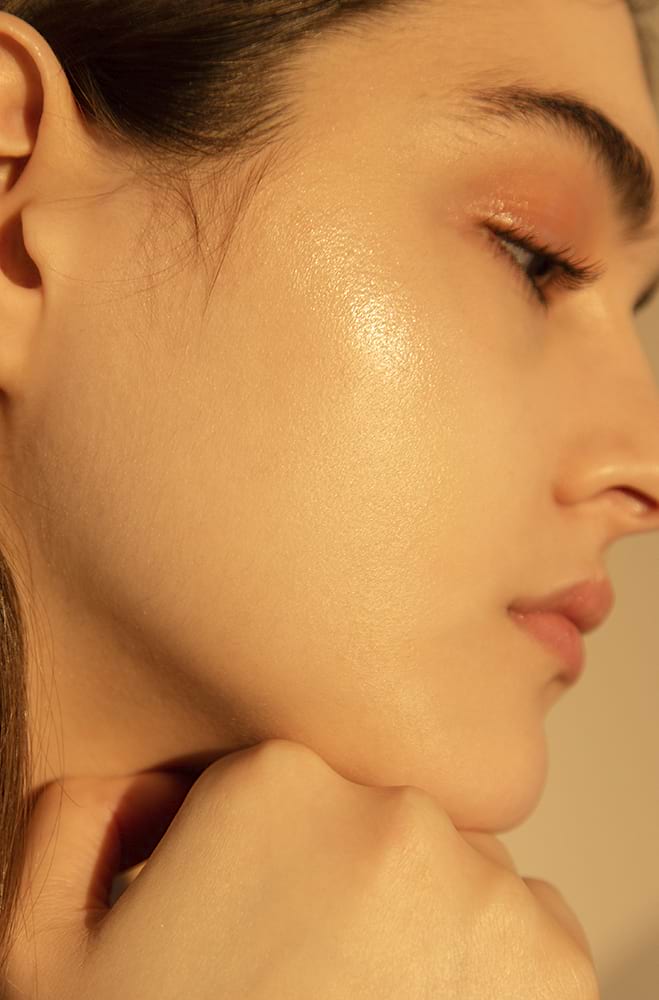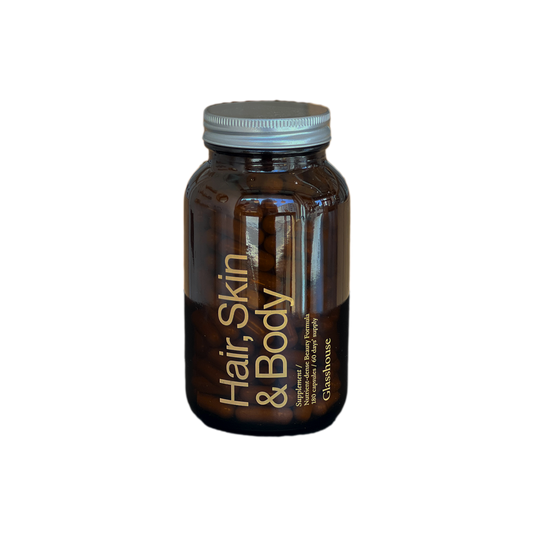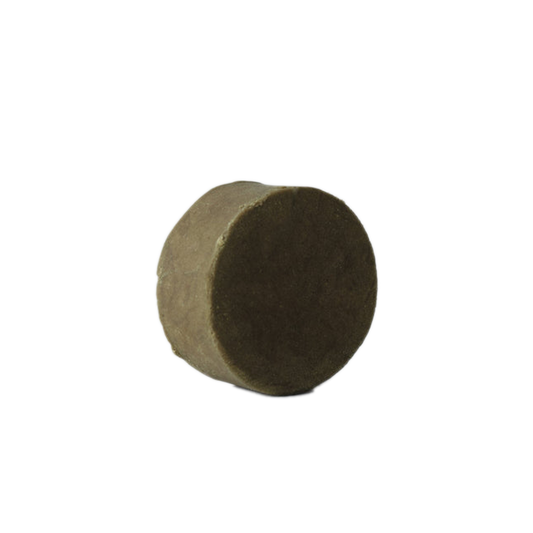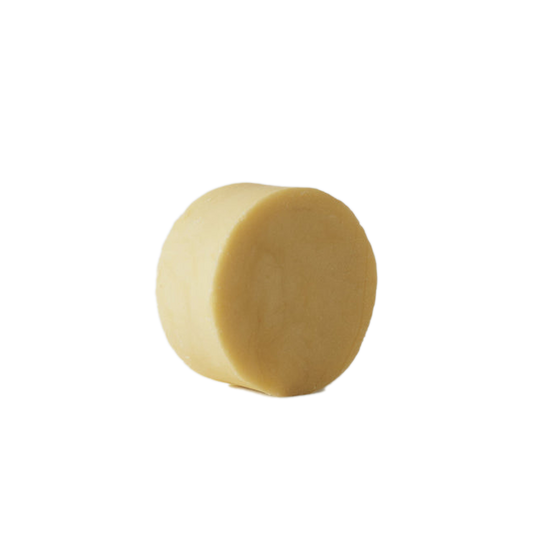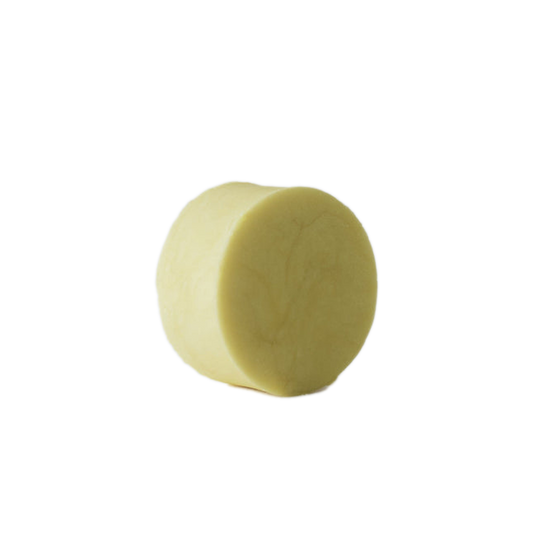The beauty industry in 2019 is a crowded affair - every day sees another new launch, innovation or product release. On the surface, this is great news for our makeup bags and our bathroom cabinets. Never before have we been more spoilt with niche ingredients, powerful formulas and shade after shade of colour. However, like any industry, such monumental growth comes with it’s own set of problems.
The term ‘Beauty Fasting’ (also dubbed as ‘The Skincare Diet’ or ‘No-Buy Beauty’) is the latest reaction to a market that’s as overwhelmed as the customers it serves. Its philosophy is clear - instead of being lured in by the latest product launches, beauty fasting encourages a more mindful approach to the subject, cutting back on non-essentials and detoxing our makeup bags. It’s a response to the product frenzy of the beauty industry in 2019 and has two clear motives behind the name.
Firstly, the idea of beauty fasting has an obvious ecological angle. With the climate in crisis, do we really need to purchase unnecessary products that are contributing to waste? There’s no denying that the industry has come on leaps and bounds in terms of eco-consciousness in the last few years. An increase in the use of natural and organic ingredients and developments in more environmentally-friendly packaging solutions has meant beauty is greener than ever. But this doesn’t address the issue that beauty is bigger than ever - more products means more production, more purchases and more waste.
Likewise, consumers are super-charged with knowledge, expecting greater bang for their beauty buck and willing to go out of their way to source the products they believe are right for them. Inevitably, this can lead to our beauty habits getting overcomplicated and out of control. Ever ended up with three moisturisers on the go because you were tempted in by a new release or fell down a Google research-hole and purchased a product that you were convinced was going to change your life? This is exactly what beauty fasting is trying to counteract.

We picked the brains of Elsie Rutterford, one half of eco beauty duo BYBI, who’s clever products are 100% natural, multi-tasking and mindfully packaged. “We always recommend trying to get through what you currently have on your bathroom shelf” says Elsie, “We spend a reported average of £544 a year on beauty products that get thrown away, leading to excessive packaging waste as well as products generally thrown down the sink and non-biodegradable ingredients winding up in our waterways.”
So, we know that cutting down non-essential items in our beauty regime is better for the environment, but what is the other side of the movement? Well, it’s less about the health of the environment and more about the health of our skin. Often referred to as ‘The Skincare Diet’, the idea of stripping back cosmetic products has gained momentum recently as a way of giving our skin a break. Whether it’s for four days, a month or a year, sticking to essential items and forgoing multiple step routines has been cited as a way to rebalance your skin, making it less reliant on fancy products and more reliant on the skin’s own natural functions.
There’s no solid evidence in the success of beauty fasting for overall skin health, but the concept certainly has some logic behind it. Viewed in a similar vein to an elimination diet, the idea is to find out what’s really working, what your skin needs and therefore what your skin doesn’t need. Filtering the effective from the non-effective will (hopefully) lead to more streamlined, less wasteful beauty regime in the long-run, and there’s no arguing the benefit in that.
According to Google, ‘no-buy beauty’ searches spiked on YouTube in 2018 and peaked again towards the end of the year/beginning of 2019. Bloggers have been detailing their skin fasting journey - YouTuber Serein Wen took part in a no-buy year and shared it with her 123k followers. “I’ve always loved beauty, but it got to a point where it became excessive and more about how much I had versus the quality of each product,” she told Vogue about her beauty fatigue.

Elsie has another theory as to how we end up with excess beauty waste - the changing needs of our skin through differing climates, seasons or hormonal changes can also make us seek replacement products that lead to barely-used ones ending up getting forgotten.
“At BYBI, we believe that the idea of “skin types” is a little outdated because actually, your skin changes on a frequent basis” explains Elsie, “A lot of the time, beauty products get discarded or forgotten about as they no longer suit how your skin is feeling; a light day cream that isn’t able to give the moisture your skin needs in a transition to colder months, or a serum that’s great at hydrating but doesn’t help your skin when it’s feeling dull.”
We’re big advocates of multi-tasking at Glasshouse and choosing products that have multiple properties or serve several purposes is a good way of ensuring they won’t go to waste. BYBI’s own Booster range contains cold-pressed oils that are designed to address specific skin concerns. “You can adapt your routine based on how your skin is feeling, just by adding a drop or two into your products, rather than you throwing out and replacing your core products.” explains Elsie.
In essence, the idea of beauty fasting isn’t a revolutionary one. But there’s something about it that feels more appealing during a time when what we consume and what we put on our skin is under a greater spotlight than ever. If society as a whole is being more mindful about consumption, then why shouldn’t that translate to our bathroom cabinets? And if there might be a possibility of a skincare perk (as well as a financial perk) along the way, then there’s no harm in embracing it. So if the world of beauty has left you feeling fatigued, the minimalist approach might be just the ticket to give yourself - and the environment - a break.
Words: Lucy Vincent Image: Thea Lovstad for Glasshouse Journal
